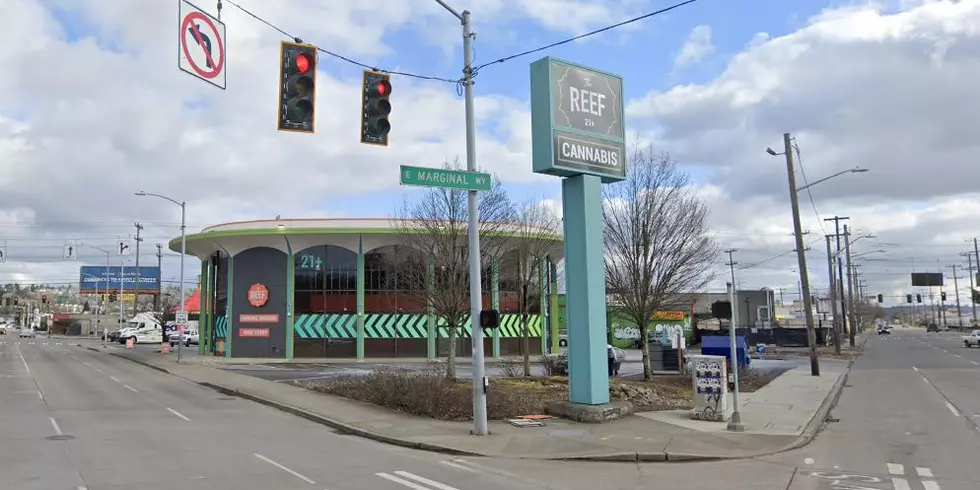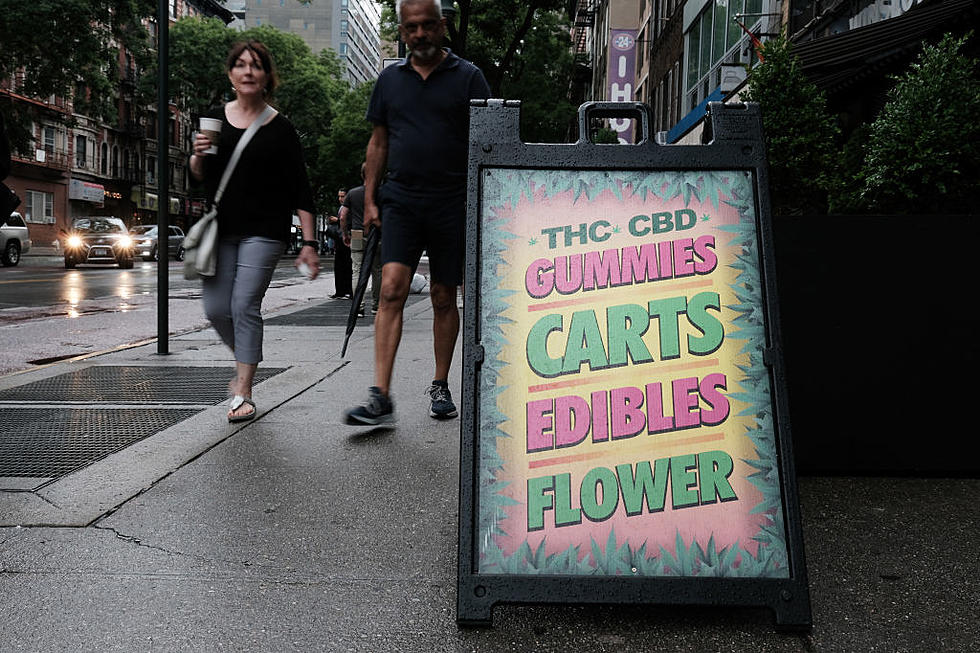
Liquor Control Preps for Dispensing Social Equity Pot Permits
Back in the summer of 2022, we reported how legislation failed that would have allowed certain people in WA state to obtain pot store licenses based on social equity (race, financial background, ethnic factors, etc).
Liquor Control board prepping to begin social equity program
The legislation faced stiff opposition and did not pass. Then during the late summer of 2022, Liquor Control decided to implement its own program within the 'boundaries' of its rules. They did it by tweaking their own rules.
In short, the Social Equity in Cannabis Program will allow allegedly disadvantaged persons the opportunity to invest in the pot industry by obtaining a store license. The original premise was that certain ethnic and social groups are discriminated against in participating in the process.
Now, this week the LCCB (liquor control and cannabis board) has announced later in January a series of webinars will be taking place to allow potential participants to learn more about the process and how to apply for the program.
On January 24 and January 28th, there will be webinars explaining the entire process. According to the LCCB on Wednesday, these webinars will explain:
- "How to apply for a license;
- Qualifications for a social equity in cannabis license;
- Documents you will need to gather; and
- Additional information potential applicants will want to know"
The licenses that will be made available only to these 'qualified' social equity applicants come from those that have been surrendered by original bid winners or confiscated due to violating state pot store and operational rules.

There are actually a significant number (lower double-digits) of persons who were awarded pot store licenses after I-502 was passed over ten years ago, but found their local city or county passed laws prohibiting the growth, processing, and sale of pot. So,they have surrendered the license because they can't find a place to locate.
Language in the poorly-written initiative did give local jurisdictions the power to do so, and even WA State AG said these rules would stand up in court and they have over a dozen times.
Here are 50 of your favorite retail chains that no longer exist.
More From 870 AM KFLD









